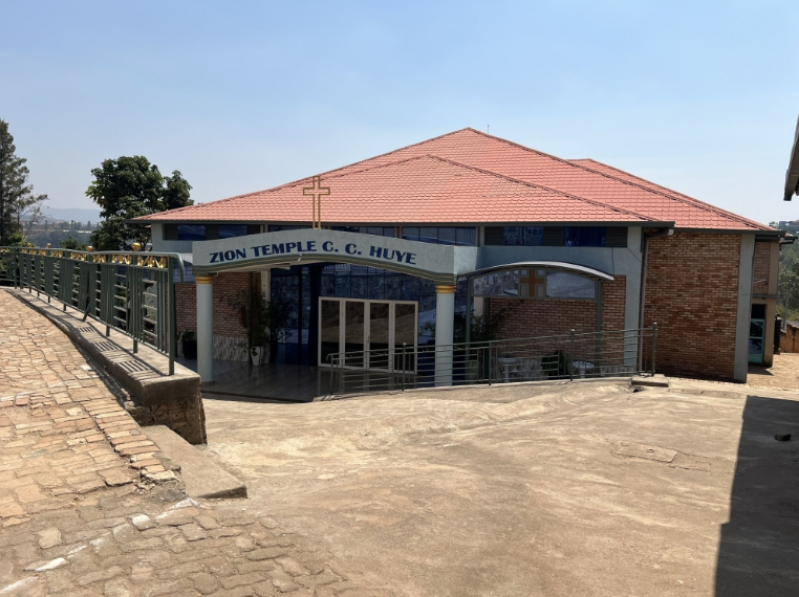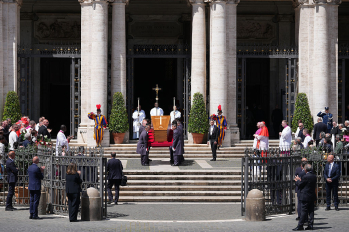
Rwanda closed more than 5,600 churches in July 2024 after nearly a third of the inspected places of worship failed to meet legal standards. The Rwanda Governance Board (RGB) said that 13,000 religious institutions were inspected in collaboration with the local authorities.
RGB Chief Executive, Dr. Usta Kaitesi, told Kigali-based news site IGIHE - which reported an even higher number of over 7,700 churches closed - that the board in collaboration with local authorities carried out the inspection over two weeks in July. She revealed that a large number of the churches affected did not have the requisite permits to operate places of worship while others could not provide the qualifications of the leaders.
Kaitesi said that faith-based organizations were given ample time to comply with the regulations. She added that a significant number of the affected churches had minor infractions which could be rectified and their permits reinstated. A majority of places of worship impacted by the on-going crackdown were pentecostal churches.
Rwanda has progressively been implementing a law it passed in 2018 to regulate religious organisations. 700 churches were closed then for operating illegally. The law requires religious leaders to have theological training before operating a church and mandates the RGB to inspect the physical safety of the buildings housing the churches. It also requires that the structures be sound proof as one way of limiting noise pollution.
In a statement, RGB said that the inspection focuses on verifying that religious organisations had registration documents issued by the board. The churches also need to show letters of collaboration with the district authorities.
“Relevant authorities will continue to collaborate with religious leaders to promote transformational development while adhering to the laws and regulations governing faith-based organisations and ensuring that prayer houses/buildings meet legal standards,” read the statement issued on August 1, 2024.
Speaking to state media, Rwanda TV, Kaitesi said the last element of compliance was the education requirement which the inter-religious council had requested a grace period of 5 years that ended in September 2023.
“There should be an intentional willingness to comply with the law. When we register faith-based organizations, we ask them to provide their structure. The education requirement is primarily targeted at the top personnel in the organizational structure,” clarified Kaitesi.
Rev. Laurent Mbanda, the Archbishop of the Anglican Church, Rwanda, said religious organisations were well aware of the regulations. He admitted that the board had asked faith-based organisations to provide an update on their compliance in September.
“If we had taken the requirements more seriously and taken responsibility, we would have made significant progress in complying with the standards,” said Mbanda.
Pastor Kabagambe Nziza of New Life Bible Church, however, said the implementation of the law should be reviewed to reflect the realities of the social-economic dynamics of the country. He argued that while some clauses of the regulation are applicable to churches in the capital, Kigali, it might be a different case for churches in rural regions.
“In Kigali, you have neighbouring communities that would be affected by the sound coming from a church but in Kagera, there is a church up in the mountains so there are no neighbouring homes. The congregants don’t have cars or even motorbikes so the issue of parking should not be a requirement,” said Pastor Nziza.
Meanwhile, Kenya made steps towards regulating religious organisations in August when a presidential task force recommended a hybrid regulation framework. It proposed the formation of the Religious Affairs Commission, a quasi-government organ with similar mandate as Rwanda’s governance board. The task force was constituted after the horrific discovery of mass graves suspected to be faithfuls of a cult in Kenya’s south coast.




